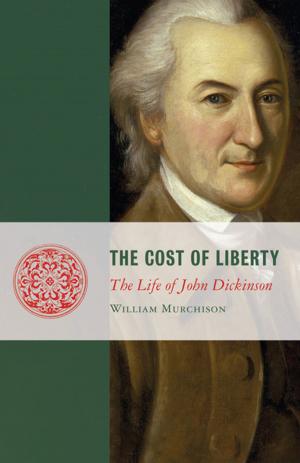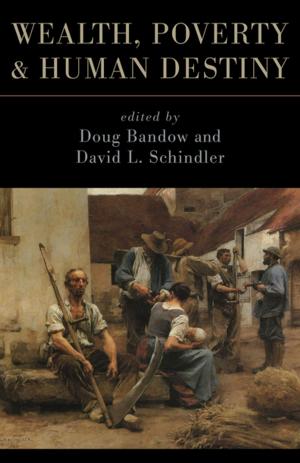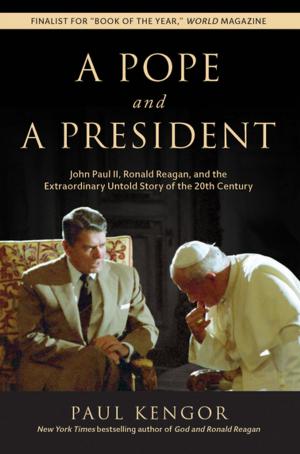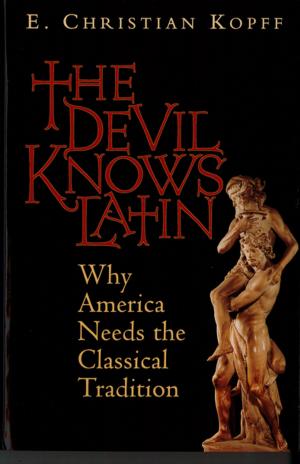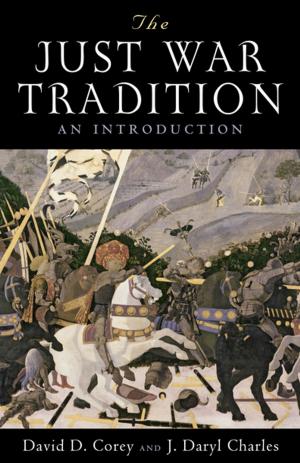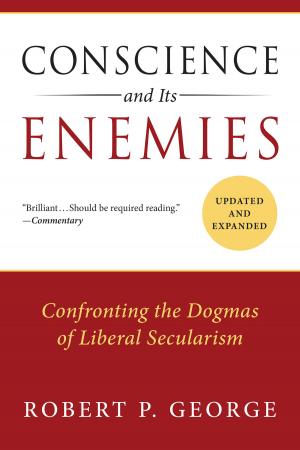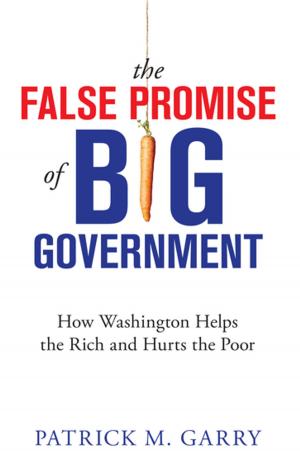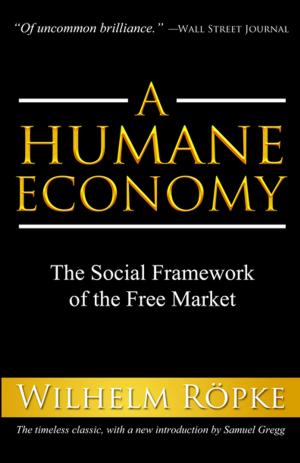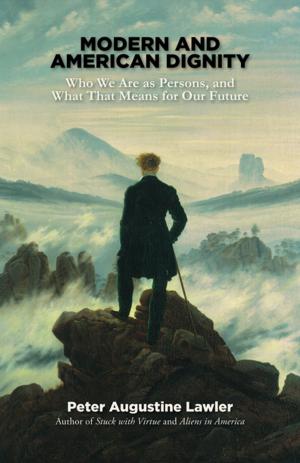On the Unseriousness of Human Affairs
Teaching, Writing, Playing, Believing, Lecturing, Philosophizing, Singing, Dancing
Nonfiction, Religion & Spirituality| Author: | James V. Schall | ISBN: | 9781497648876 |
| Publisher: | Intercollegiate Studies Institute (ORD) | Publication: | May 13, 2014 |
| Imprint: | Intercollegiate Studies Institute | Language: | English |
| Author: | James V. Schall |
| ISBN: | 9781497648876 |
| Publisher: | Intercollegiate Studies Institute (ORD) |
| Publication: | May 13, 2014 |
| Imprint: | Intercollegiate Studies Institute |
| Language: | English |
Teaching, Writing, Playing, Believing, Lecturing, Philosophizing, Singing, Dancing
Echoing philosophers such as Josef Pieper, Schall explains how the modern world has inverted the rational order of human affairs, devaluing the activities of leisure and placing an exaggerated emphasis on utilitarian concerns. Though he does not deny the importance of those necessary and prosaic activities that take up the bulk of our daily lives, Schall puts these pursuits in perspective by asking, what do we do when everything we have to do is done?
Defending the importance of simply wasting time, losing ourselves in play, and Chesterton’s claim that “a thing worth doing is worth doing badly,” Schall contends that the joy that accompanies leisure, festivity, and conviviality gives us a glimpse of the eternal. Such activities also enable us to get beyond ourselves—indeed call us beyond ourselves—and are therefore essential if we are to rightly order our worldly concerns. For as Schall reminds us, neither man nor his projects are the highest things in the universe, and it is only by understanding this fact that man can attain to his true dignity.
Citing Aristotle, Samuel Johnson, Charlie Brown, and New Yorker cartoons with equal sobriety, Schall unfolds a defense of both Being and being, of the radical contingency and therefore goodness of existence itself. On the Unseriousness of Human Affairs is an instructive volume whose countercultural message is of vital importance.
Teaching, Writing, Playing, Believing, Lecturing, Philosophizing, Singing, Dancing
Echoing philosophers such as Josef Pieper, Schall explains how the modern world has inverted the rational order of human affairs, devaluing the activities of leisure and placing an exaggerated emphasis on utilitarian concerns. Though he does not deny the importance of those necessary and prosaic activities that take up the bulk of our daily lives, Schall puts these pursuits in perspective by asking, what do we do when everything we have to do is done?
Defending the importance of simply wasting time, losing ourselves in play, and Chesterton’s claim that “a thing worth doing is worth doing badly,” Schall contends that the joy that accompanies leisure, festivity, and conviviality gives us a glimpse of the eternal. Such activities also enable us to get beyond ourselves—indeed call us beyond ourselves—and are therefore essential if we are to rightly order our worldly concerns. For as Schall reminds us, neither man nor his projects are the highest things in the universe, and it is only by understanding this fact that man can attain to his true dignity.
Citing Aristotle, Samuel Johnson, Charlie Brown, and New Yorker cartoons with equal sobriety, Schall unfolds a defense of both Being and being, of the radical contingency and therefore goodness of existence itself. On the Unseriousness of Human Affairs is an instructive volume whose countercultural message is of vital importance.

